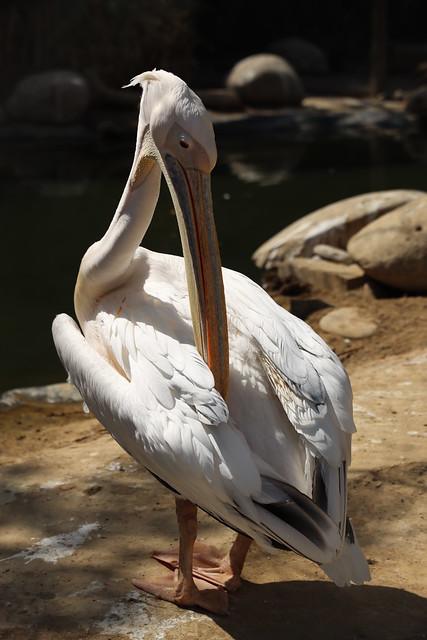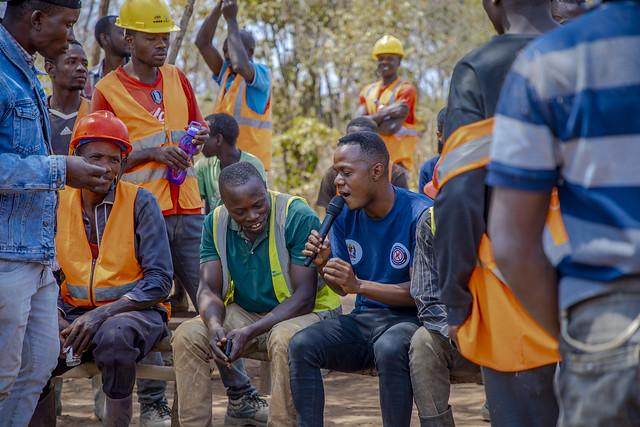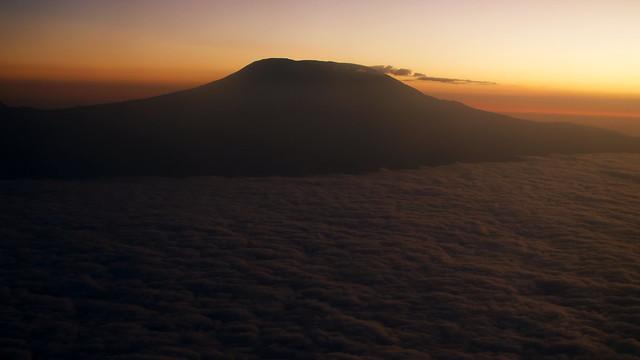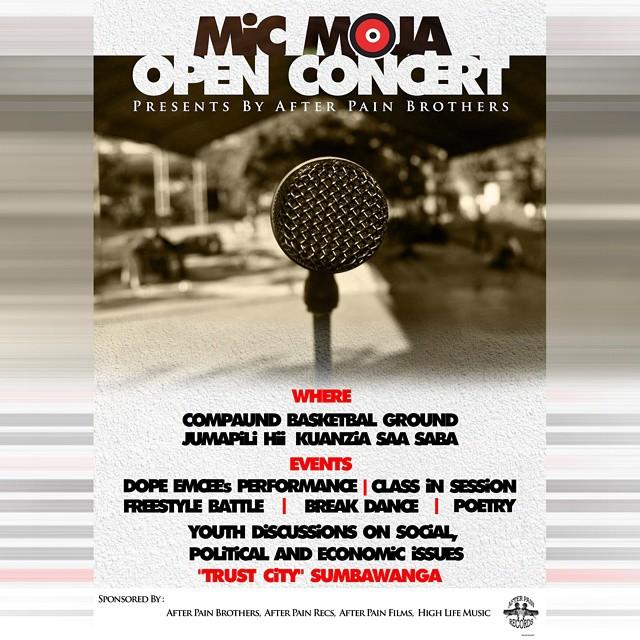Rukwa
Overview
Geography and Natural Beauty
Rukwa is a captivating region located in the southwestern part of Tanzania, bordered by the majestic Lake Rukwa to the west. The lake is not only a stunning natural feature but also a vital ecological area teeming with diverse wildlife and aquatic life. The landscape is characterized by rolling hills, vast plains, and an array of vibrant flora, creating a picturesque backdrop for exploration. The region's elevation contributes to a cooler climate compared to other parts of Tanzania, making it a pleasant destination for travelers seeking an escape from the heat.
Culture and Local Communities
The culture of Rukwa is a tapestry woven from various ethnic groups, including the Bantu-speaking communities and the indigenous Sandawe people. Visitors can immerse themselves in the rich traditions, music, and dance that reflect the local heritage. The vibrant markets of Rukwa offer an authentic experience where travelers can sample traditional foods, purchase handmade crafts, and engage with friendly locals. The annual festivals celebrate agricultural cycles and cultural heritage, providing an opportunity for foreigners to witness the lively spirit and communal bonds of the Rukwa people.
Historical Significance
Rukwa holds significant historical importance as a crossroads of trade and communication. The region has seen various migrations and interactions among tribes, contributing to its diverse cultural heritage. The historical town of Mbeya, located nearby, once served as a vital railway hub during the German colonial period and has remnants of that era, including colonial architecture. Exploring the history of Rukwa means delving into stories of resilience, adaptation, and the blending of cultures that have shaped the region over centuries.
Adventure and Activities
For the adventurous traveler, Rukwa offers a plethora of outdoor activities. The surrounding landscapes are perfect for trekking, bird watching, and wildlife safaris. The nearby Katavi National Park is a hidden gem, renowned for its large populations of elephants and hippos, as well as a variety of other wildlife. Kayaking on Lake Rukwa presents a unique perspective of the local ecosystem, allowing travelers to experience the serene beauty of the water while spotting various bird species that inhabit the area.
Local Cuisine
The culinary scene in Rukwa is a delightful exploration of flavors influenced by local ingredients and traditional cooking methods. Travelers can savor dishes made from fresh fish from Lake Rukwa, as well as staple foods such as ugali (a maize porridge) and matoke (steamed plantains). Street food stalls and local eateries offer a taste of daily life, where visitors can enjoy local delicacies and interact with the community. This gastronomic journey is not just about food; it’s a way to connect with the culture and traditions of the region.
Wildlife and Conservation
Rukwa is not only a spectacular landscape but also a crucial area for wildlife conservation. The region is part of several conservation initiatives aimed at protecting its unique biodiversity. Visitors interested in eco-tourism can engage with local conservation efforts that aim to preserve the delicate ecosystems of Lake Rukwa and its surroundings. Responsible tourism practices are encouraged, allowing travelers to enjoy the natural beauty while contributing positively to local communities and wildlife preservation.
Rukwa is a destination that promises an enriching experience. Its blend of natural beauty, cultural depth, and historical richness makes it a unique stop for travelers looking to explore the less-traveled paths of Tanzania. Each corner of Rukwa tells a story waiting to be discovered, offering visitors a chance to connect with nature and local traditions in a profoundly meaningful way.
How It Becomes to This
History not available

You May Like
Explore other interesting states in Tanzania
Discover More Area
Delve into more destinations within this state and uncover hidden gems.











